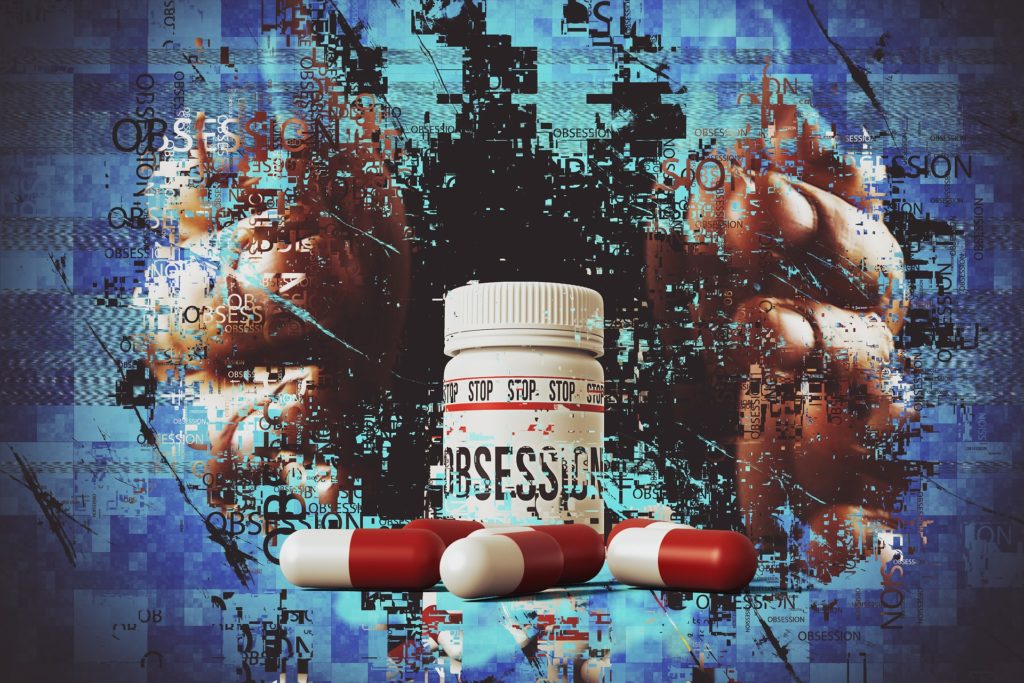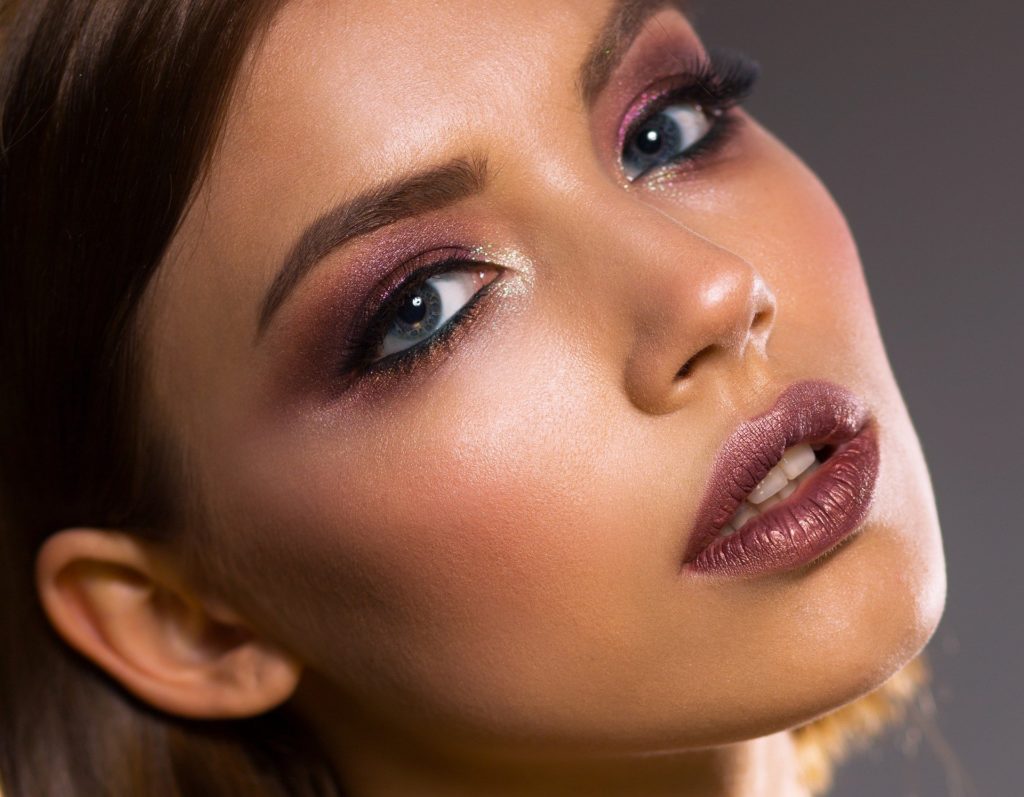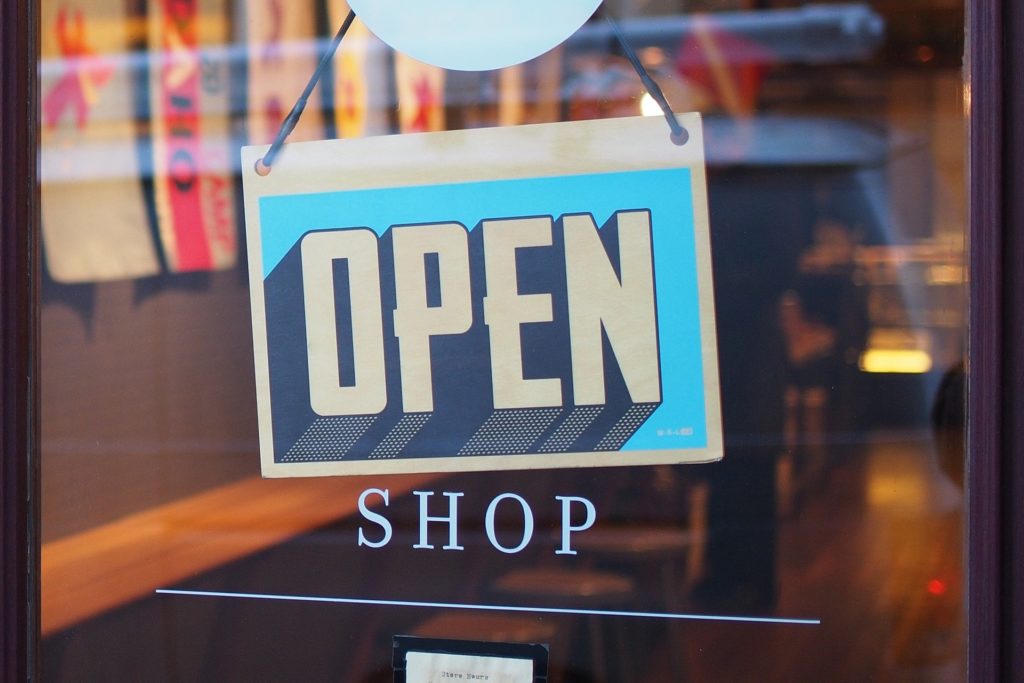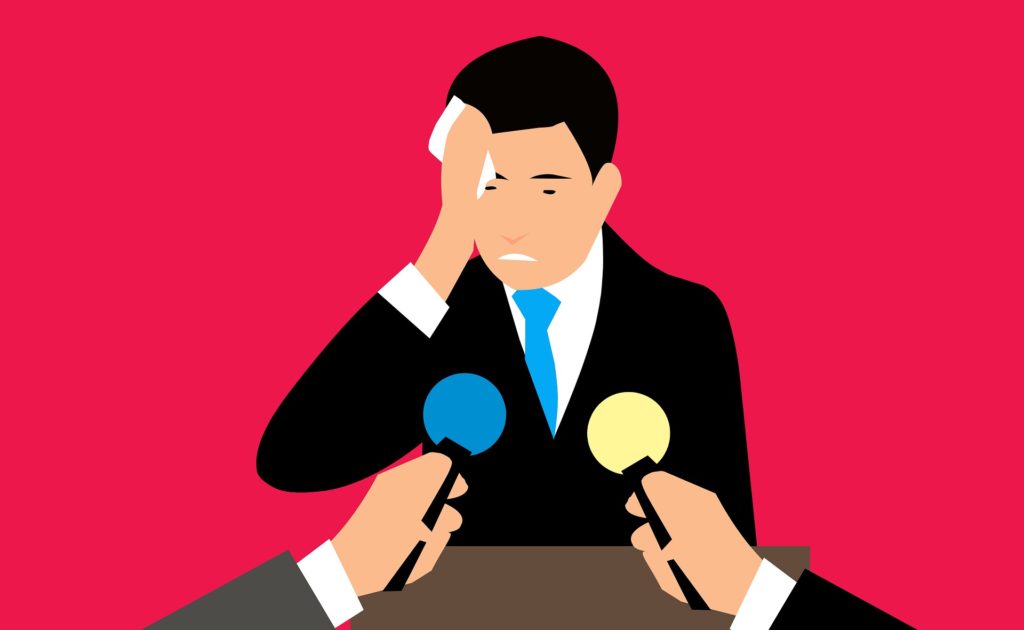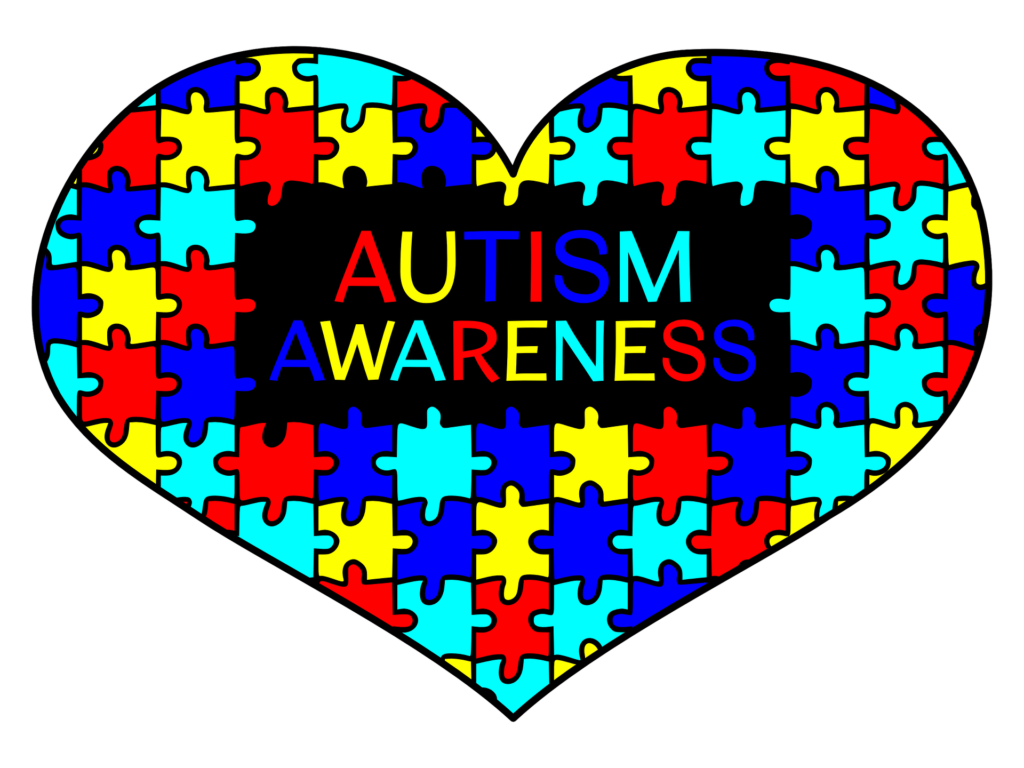
This article will explore the reasons people are not using CBD. We will look at general reasons why there are those who choose not to use CBD. As I am out talking to people about CBD and its many uses, I occasionally come across someone who has not heard of CBD and has no idea what it can do. This group of people are a minority and I would expect that as they learn of its benefits, they will use it in the same proportion as the general populace that has an understanding of CBD and the miracle it can be.
IGNORANCE CAN STOP SOME PEOPLE
When I say ignorance, I’m speaking of a lack of knowledge and not about a general attitude. Too many people have bought into the myth and misunderstand that CBD will get you high or that it is not legal. In Idaho a product that contains any THC, (Tetrahydrocannabinol), the compound that is psychoactive and gives the user the high attributed to marijuana, is illegal. Since the CBD in Idaho contains no THC, it can’t get the user high. In fact, the CBD products on the market in the United States contain only .3% THC and that small amount will not get anyone high. CBD is legal and won’t get anyone high.
FEAR OF THE UNKNOWN AND SOMETHING NEW
Fear is a strong emotion and when something is new, there is a few who will not try it because of fear. This reason is a subset of ignorance since there is a plethora of information about CBD and its many benefits and its remarkable lack of serious side effects. A quick jump onto the Internet will give hundreds of studies and reports that exclaim the benefit of using CBD. All one has to do is spend a little time researching and they can dispel any fear or reluctance they may have about trying CBD.
COULD PHILOSOPHICAL REASONS HOLD SOME BACK?
I wonder if religion could also hold some back. I say that because I think there are some who believe using something they see as an illicit drug is sinful. I believe we have addressed that in stating that CBD is legal and can be sold and possessed without penalty. Again, it is the fear of getting high or using something that is immoral, if not illegal. This is a silly argument and one that I suspect few will put forth. Yet, there are some who will use it as a reason to not try CBD.
LACK OF UNDERSTANDING
This is probably one of the biggest and is related to the ignorance reason. Too few people know about CBD and what it can do to help them in their ailments. As we have stated many times in this blog, CBD can help in so many conditions and ailments that there are few people who can’t benefit from using it. The challenge is getting the information out to them in a manner that helps them to understand that it is legal, moral, and not some snake oil product that claims to cure everything from baldness to toe fungus. My prediction is that within the next two to five years, CBD will be mainstream, and the majority of the adult population will have discovered its benefits.
Of course there is one segment of the population that will not use CBD and that is those who are lucky enough to not need it. I suppose I can add to that statement – YET. I suspect that sometime in one’s life, they will have the occasion to need what CBD can provide.

